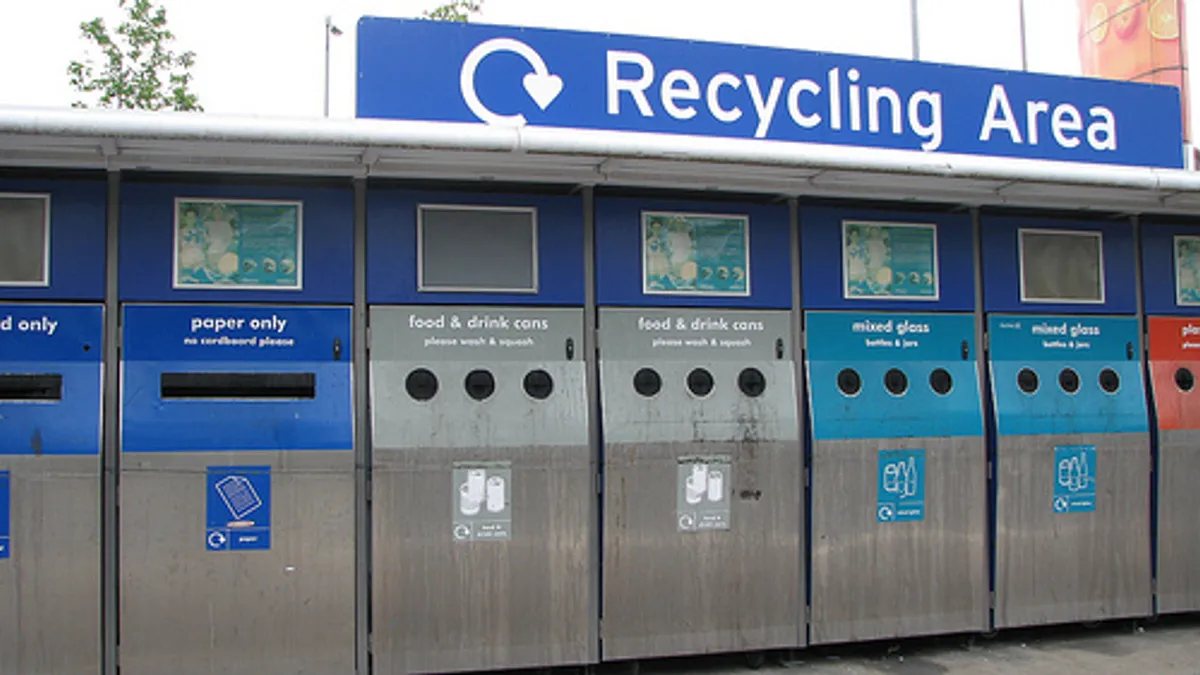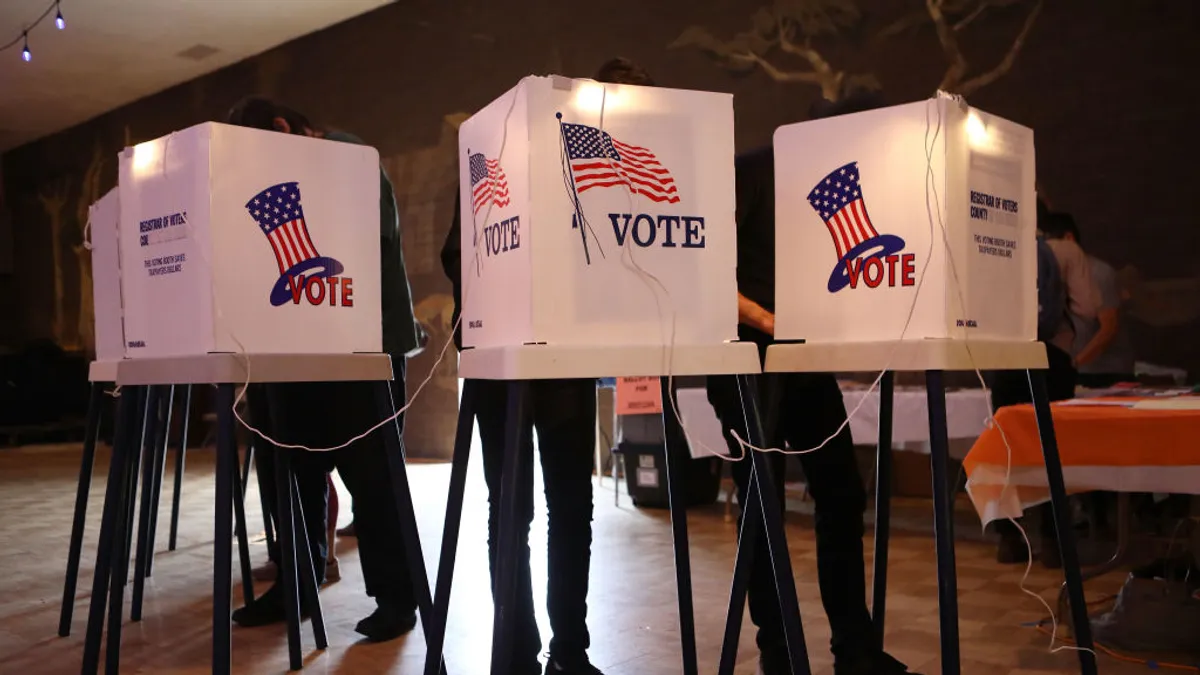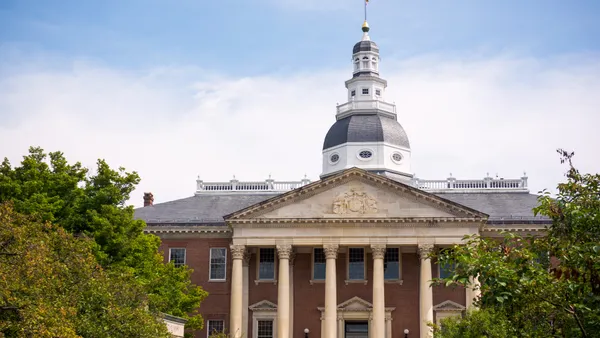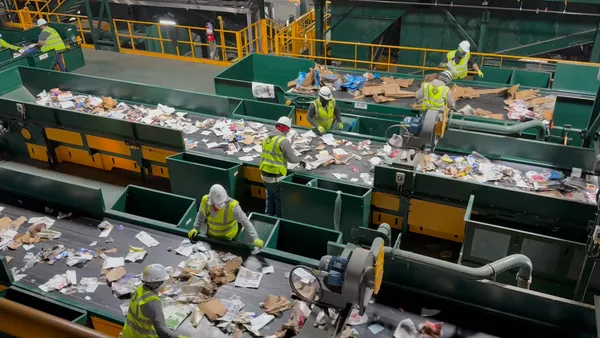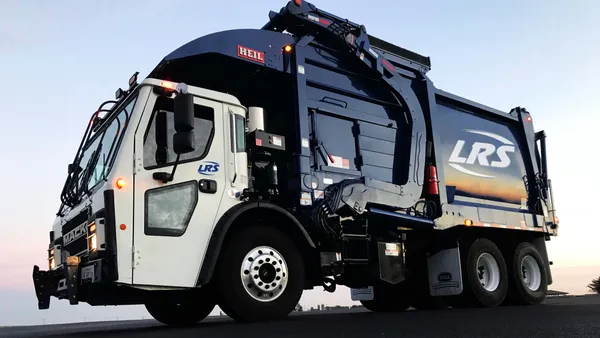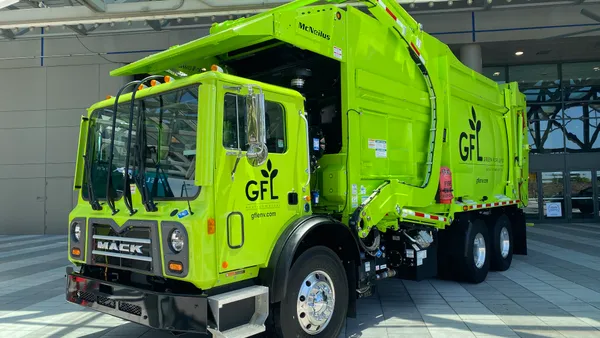Dive Brief:
- Vermont made recycling mandatory on July 1. Deborah Markowitz, secretary of the Agency of Natural Resources, told the Burlington Free Press, “Our focus right now is on compliance and education. There is no intent to go after individuals for not pulling out recyclables.”
- The purpose of the law, passed in 2012, is to increase the state recycling rate. In the past 10 years, the state has recycled 30% to 36% of all waste, according to Josh Kelly, materials management section chief at the agency’s Solid Waste Program. About 50% of the waste is either recyclable or can be composted, Kelly said.
- Waste districts and towns are required to have a plan that complies with the law and shows they can meet requirements. Haulers are required to offer recycling, to bundle the price for trash and recycling, and to notify customers of their obligation to separate their trash.
Dive Insight:
With such a low recycling rate, the state is taking strides to educate the public. In Chittenden County, haulers place brightly colored “oops” stickers on bins with unacceptable items. Since that county’s Solid Waste District banned recyclables from the landfill in 1993, the percentage of all materials recycled has increased from 31.7% to 44%, according to District Communications Coordinator Clare Innes.
Haulers, however, complain about becoming recycling cops. Lee Tourville of Tourville Trucking in Jericho told the Burlington Free Press that he avoids confrontations with customers by sorting bins before he loads the contents on his truck. “My customers don’t want to hear a lecture on how they sorted their garbage wrong; they just want the trash to be gone when they get back from work,” he said.
In Seattle, government training documents for trash haulers call for "zero tolerance" for any food waste or compostable paper in the trash, causing collectors to "snoop" through trash bags and inspect the waste. A lawsuit filed on behalf of eight residents claims that Seattle's prohibition is a violation of privacy.
With a new law, there’s a learning curve for everyone. Vermont has taken no enforcement action on hauling companies, but is “following up on allegations that some haulers are not communicating their new recycling services to customers,” said Kelly.
That seems to be the right approach as residents learn the rules and haulers get the word out to customers.


